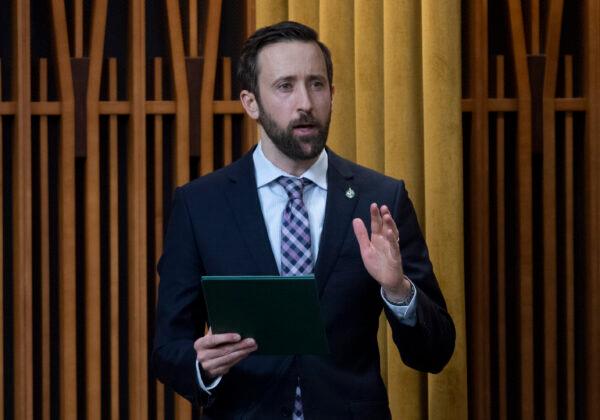Commentary
Members of the Chinese Communist Party have a rather distinguished repertoire as dedicated propagandists. There are many laughable maxims they use to push their narrative of global order. Perhaps at its most absurd and diabolical, any criticism of their actions in Hong Kong or elsewhere is usually dismissed as intervention into China’s “internal affairs.” Which is interesting given the degree to which the CCP has shamelessly tried to penetrate other societies, with Canada being a favourable place for subversion because of the ease with which it can be achieved through the sinister phenomenon known as “elite capture.”





